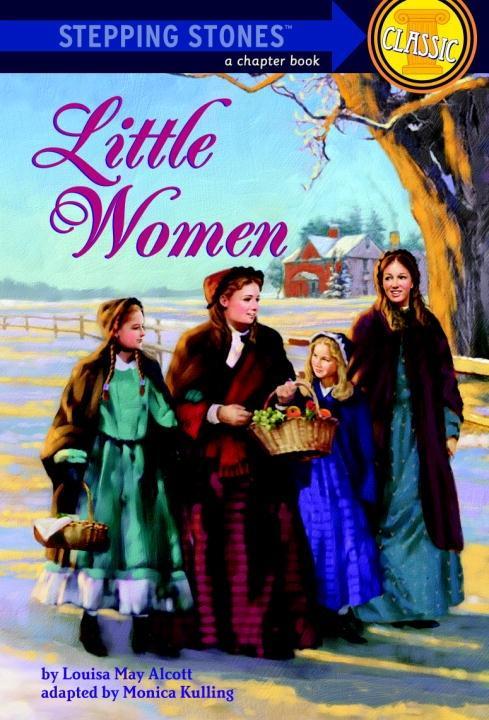
Sofort lieferbar (Download)
Nominated as one of America's best-loved novels by PBS's The Great American Read
It is no surprise that Little Women, the adored classic of four devoted sisters, was loosely based on Louisa May Alcott's own life. In fact, Alcott drew from her own personality to create a heroine unlike any seen before: Jo, willful, headstrong, and undoubtedly the backbone of the March family. Follow the sisters from innocent adolescence to sage adulthood, with all the joy and sorrow of life in between, and fall in love with them and this endearing story. Praised by Madeleine Stern as "a book on the American home, and hence universal in its appeal," Little Women has been an avidly read tale for generations.
It is no surprise that Little Women, the adored classic of four devoted sisters, was loosely based on Louisa May Alcott's own life. In fact, Alcott drew from her own personality to create a heroine unlike any seen before: Jo, willful, headstrong, and undoubtedly the backbone of the March family. Follow the sisters from innocent adolescence to sage adulthood, with all the joy and sorrow of life in between, and fall in love with them and this endearing story. Praised by Madeleine Stern as "a book on the American home, and hence universal in its appeal," Little Women has been an avidly read tale for generations.
Mehr aus dieser Reihe
Produktdetails
Erscheinungsdatum
01. Dezember 2010
Sprache
englisch
Seitenanzahl
112
Dateigröße
1,87 MB
Altersempfehlung
von 6 bis 9 Jahren
Reihe
A Stepping Stone Book
Autor/Autorin
Louisa May Alcott
Verlag/Hersteller
Kopierschutz
mit Adobe-DRM-Kopierschutz
Family Sharing
Ja
Produktart
EBOOK
Dateiformat
EPUB
ISBN
9780307758408
Entdecken Sie mehr
Bewertungen
0 Bewertungen
Es wurden noch keine Bewertungen abgegeben. Schreiben Sie die erste Bewertung zu "Little Women" und helfen Sie damit anderen bei der Kaufentscheidung.

































